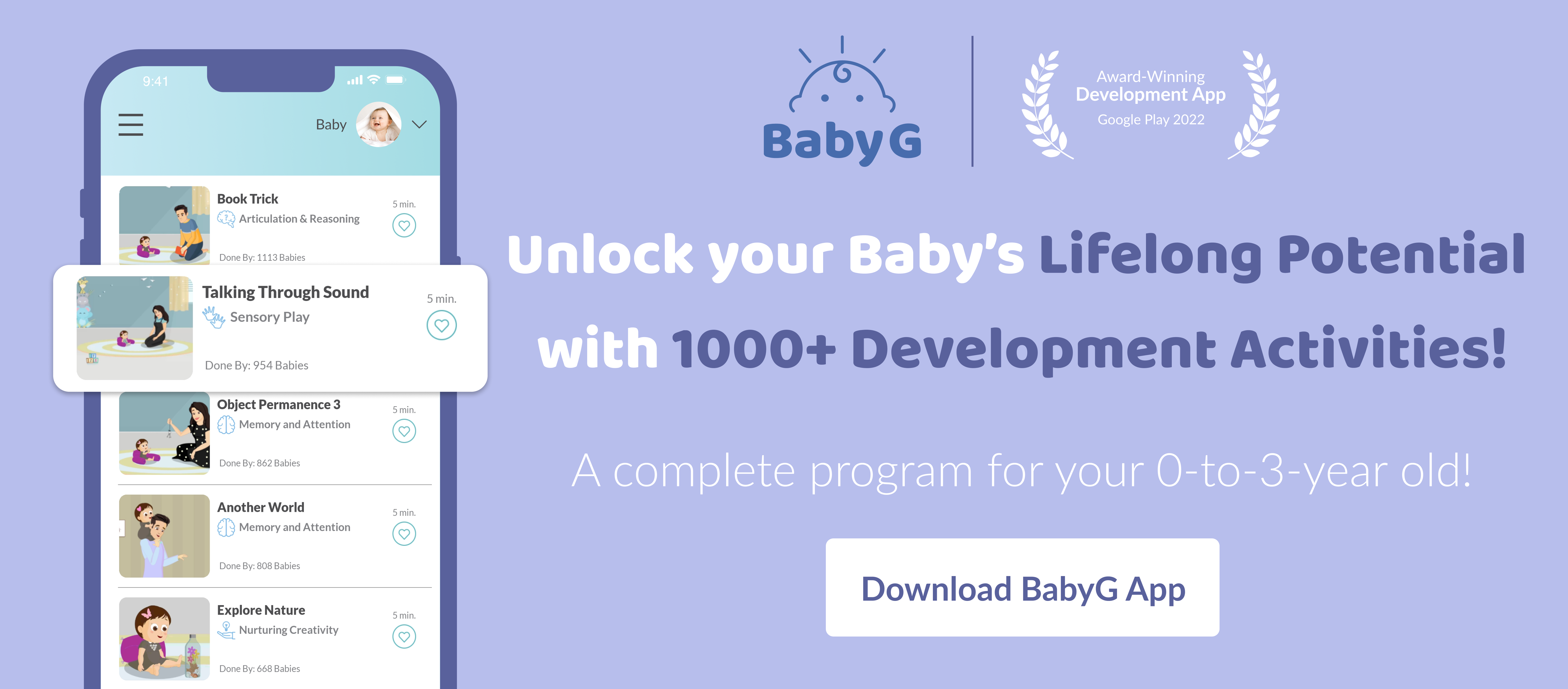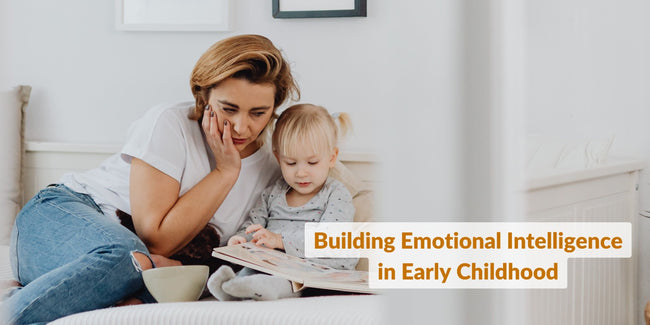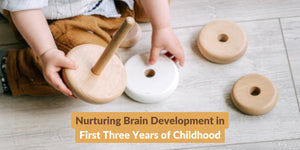
In recent years, about 90% of exemplary performers in the workplace hold greater emotional intelligence than their colleagues. Once an underrated skill, EQ today holds greater significance in an individual's overall development. Apart from a higher chance of success in adulthood, in a baby’s world, possessing the skills of emotional intelligence translates to a much more stable sense of self as well as a keen understanding of their emotions. Keep reading to discover more benefits and ways to develop emotional intelligence in early childhood.
Importance of Building Emotional Intelligence in Children
Simply put, teaching kids the skills that fall under the blanket of EI hands them the tools to employ as they delve through the forest of possibilities that is the real world. Children who possess higher emotional intelligence in early childhood do better at school. Their knowledge of handling emotions, along with their problem-solving and reasoning skills, allows to predict a better performance.
That said, EQ provides more than just academic benefits; individuals with better EQ showcase an improved overall healthy well-being and better behavioral tendencies in general. In younger kids, emotional intelligence could shine through their ability to build better bonds and relationships with their primary caregivers and peers. All while understanding and labeling their own emotions with respect to others.
Key Factors of Emotional Intelligence in Children
In early childhood, emotional intelligence includes these facets:- Showcases a keen sense of self-awareness. They understand their own as well as others' needs and emotions and know how to voice them.
- They know how to regulate their emotions and adapt when faced with anomalies while practicing effective coping methods.
- Children with higher emotional intelligence in early childhood have a better sense of empathy, which means they are aware of how their actions will affect others and assess the situation from their perspective.
- When faced with challenges, children are motivated to learn and do better next time.
- Such individuals are social. They know how to engage in productive conversations and can communicate effectively.
Strategies for Building Emotional Intelligence in Kids
Here’s your go-to guide for building emotional intelligence in early childhood:
Foster Positive Role Models
Children are active observers; they understand the world through their immediate caregivers' behaviors and temperament. Such become the building blocks of their emotional reactions to distressing situations. Fostering empathetic responses to anomalies reinforces the importance of respectful reactions to your baby. Also, caregivers must label their emotions and responses, which will encourage further understanding of the same.
Encourage Open Communication
As parents, we know that our little babies have big feelings. They feel emotions but do not have the tools to relay them effectively. While you teach them how to communicate, lend an ear to their budding bits of conversation as well as their cries when they are hurt. This will not only encourage active communication but also help them feel secure and validate their feelings.
Practice Mindfulness and Empathy
Empathy is a significant factor in emotional intelligence. Being mindful of the people around us and treating them with respect is a necessary skill. Make your child aware that just as they have feelings, their peers have them too. For example, help them understand that snatching a toy from their playmate will simply cause them to be hurt, but voicing their need and asking to play together is a much more considerate approach.
Teach How to Cope
This is an important one. Children cry; they throw a fit; it's normal. Your job as a parent is to teach them how to cope in such instances. Understanding the situation helps only so much if your child knows that their feelings matter, but throwing a tantrum will not get them anywhere. Practice coping mechanisms, like breathing techniques, with your child to build the skill.
Teach Problem-Solving Skills
Being able to analyze and solve their problems is an extraordinary skill to teach your child. This allows them to prioritize one problem at a time to avoid getting overwhelmed in the process. This could translate to actively voicing the situation out to them and encouraging them to make smaller decisions until they eventually solve the problem at hand entirely.Instilling emotional intelligence in early childhood is an ongoing journey as they grow older. You will find the journey easier as you incorporate activities that encourage socio-emotional developmental skills in your baby's daily life. We at BabyG have some exemplary developmental activities on the same. Take it one day at a time, and your baby will get there. Happy Parenting!













LEAVE A COMMENT